 Welcome to my latest Inspiring Genealogy Blogs post. The following are a collection of blog posts that I’ve read during the past few months that I have found intriguing, useful and/or inspiring and wanted to share with you.
Welcome to my latest Inspiring Genealogy Blogs post. The following are a collection of blog posts that I’ve read during the past few months that I have found intriguing, useful and/or inspiring and wanted to share with you.
In this edition of Inspiring Genealogy Blogs posts we have posts that cover: scanning photos and documents, sources, who owns your online tree, ethics and etiquette, dates, writing, cameras, names and archiving … together with a whole heap more!
So grab yourself a cup of tea or coffee, get comfy and enjoy some great reads.
As I mention every time, I find that reading blog posts helps me keep up with the latest news, products as well as what’s happening in general in the world of genealogy. And if you happen to already follow me on Facebook, Twitter, and to some extent Google+, you already know that I like to share with you the interesting things I read.
Five Things You Need to Know About Digitizing Photos
Let’s face it, scanning is tedious. You can spend hours and hours scanning, labeling and filing your photos, slides and documents. But are they then useable? Here’s some very wise words from Alison Taylor on what you should be doing when you scan your photos. Read the full article …
The Easy, Low-Tech Way to Label Scanned Photos
You’ve scanned some family photos. Great! But who is in them? With file names like IMG_1092.jpg, it isn’t readily apparent who is in the photo. Amy Johnson Crow gives us some easy low-tech ways to label our photos. Read the full article …
For Photo’s Sake Stop Scanning Every Picture
We’ve been hearing for several years now on the importance of scanning all documents and photos, so to hear that we shouldn’t scan “every” photo, is something different. Read why Denise says we shouldn’t scan every-single-photo! Read the full article ….
What are Primary and Secondary Sources?
I’m sure every one of you have heard the term “Primary Source” and “Secondary Source”. But do you actually know what they are? And they relate to your genealogy research? Tim Firkowski explains just that in this post. Read the full article …
Who Actually Owns the Family Tree You Have Online?
If you put your tree online (even privately), you own it … right? Well, not necessarily! How many of you have ever taken the time to read the fineprint , and can actually understand it? Take a moment to read this post and you might be surprised. Read the full article …
Ethics, Etiquette and Old Family Letters
Denise write about how “family historians have been uncovering long-buried family secrets long before genetic testing was available. Historians and biographers devour personal correspondence, diaries, and journals for clues to understanding people and events” which is true, and she then asks is it morally correct (ethical) to read other people’s mail? And is it socially acceptable (proper etiquette) to do so? It’s a really interesting read, and it might make you think twice next time. Read the full article …
Dates, Dates and More Dates – Understanding History
As researchers we love dates. Birth, baptism, marriage, death, burial dates! But we can’t forget history in general. The history of the country. The history of the state or county. The history of the town. Religious history. Economic history. It’s all relevant. The natural disasters that occurred there. The industrialisation that caused mass unemployment. The plagues. You MUST know the history of the area at that time, the help put your family into context. Sadly many don’t see this as relevant and wrong information ends up online. While James Tanner doesn’t cover all of the above in his post, have a read of his understanding of dates. Read the full article …
Should I Include That?
You’re finally getting around to writing up that memoir or family history, but you a blessed with so much information, photos and records, just what do you include? Believe it or not, there is a thing as TOO MUCH for a publication. And you need to be mindful about WHAT you write as well. As Devon Lee writes in this article “It’s a tough balancing act. When done correctly, a compelling book about an ancestor does result.” Read the full article …
Real Genealogists Use Cameras
I admit when I read the title of this post I thought it would be about cameras vs smartphones. Alas I was surprised to find it wasn’t, but rather an image vs transcript discussion. Author of the post, James Tanner says “I still see people laboriously copying entries in books and other records by hand into notes, when all they have to do is pull out their cell phone and take a photo of the entire page in a few seconds.” So it not only saves errors, it save time too. Read the full article …
What First Names Say About Someone
Our friends at GenealogyInTime wrote this very interesting article on first names. And how it “turns out that you can tell a lot about a person by their first name. Why? Because parents often put a considerable amount of thought into a child’s first name. The end result reflects the parents’ level of education, social background (class) and cultural preferences. You can use this to your advantage when searching for an ancestor.” Read the full article …
How to Look After Your Family Documents
If you are lucky you might have in your possession a number of precious family documents and photographs, which can vary in age, condition and type. If you are lucky, you may have deeds written on parchment, wills or other legal documents, family letters, original certificates, newspaper cuttings etc. These are precious to you, so you want to look after them properly, but how? Read the full article …


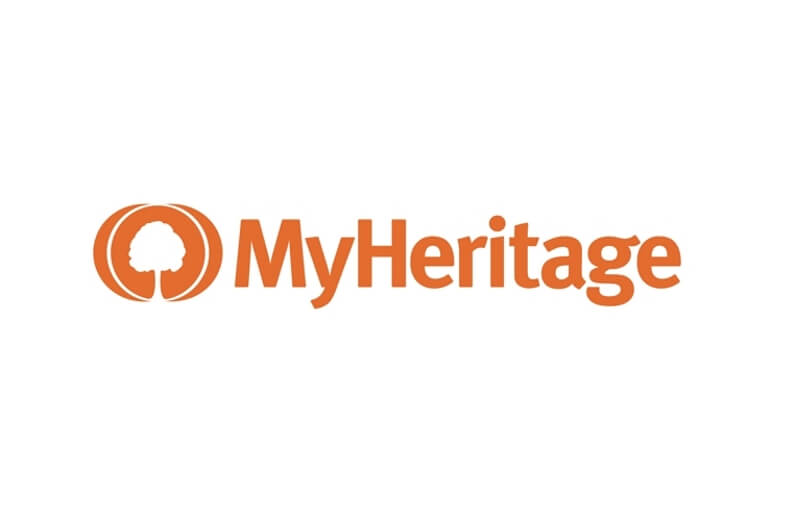
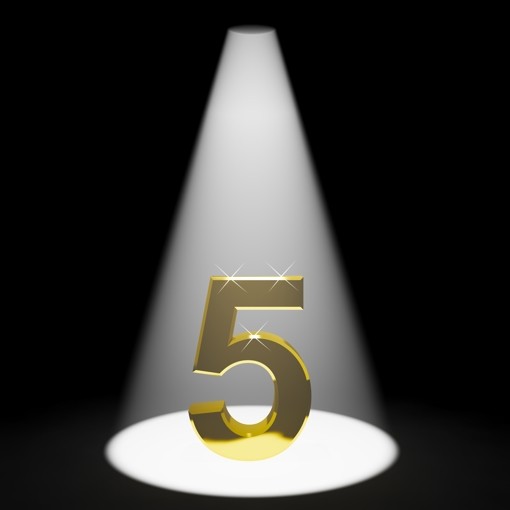
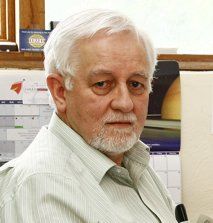

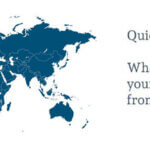

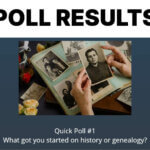
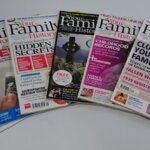

Ooh – these links look very interesting indeed…thanks for collating them Alona!
I know I found them interesting, and it’s nice to know others do too. Thank you Alex 🙂